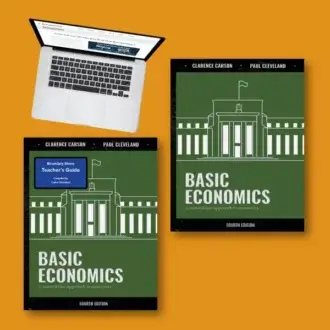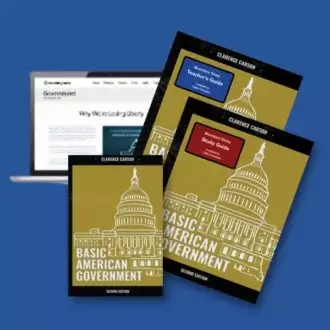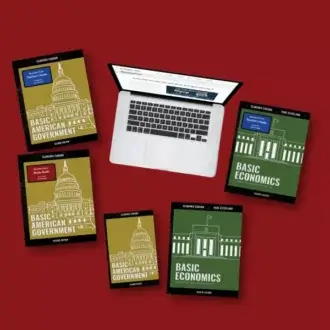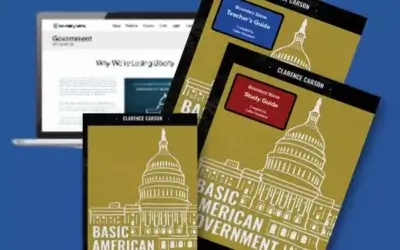Human beings are purposeful actors. In our conscious selves we can all think of ends to pursue. However, to achieve our ends we must use the means ready at hand. These means are forever limited relative to the ends we can imagine and for this reason we must economize. That is, we must choose how to employ our means to achieve our ends and seek for ways to increase our means.
To do this requires work. In truth, there are only two economic ways to obtain the means to the achievement of our ends. We can produce the means by our own efforts or we can produce something of value and use that something to trade for that which we want. Since trade is the main way to obtain the means to our ends we call them economic goods.
There are only two other ways to acquire economic goods. We can either steal them from someone else or receive them as a gift from someone else. Neither of these methods is economic because both presuppose prior production on the part of someone else. Hence, no economy can be founded solely on them. The root motive for theft is greed. When people are not content to labor in some way for what they want, they are tempted to take the easy way by taking what they desire from someone else by force or fraud.
The proliferation of goods may indeed give rise to more apparent greed. When products are in abundance, they serve as a light that shines in a dark place. They serve as a device which reveals our inherent sin. The problem is that we love the darkness more than the light. It is not the objects which are wrong. It is our hearts. When goods and services and abundantly present our tendency is not to give thanks to God or acknowledge His provision, but to say to ourselves, “look at what my own hands have made.” Furthermore, when goods and services are readily available and we have something less than our neighbor, or when we are in need or want of something that someone else possesses, our sinful nature is inclined to covet that object. The fact that the object is in view brings that sinful desire to light.
Sin leads to death. It does us little good to eliminate the objects of our desires by destroying the presence of economic goods. The idea that greed would vanish if goods vanished is foolishness. Our real need is to have our sinful desires rooted out of our lives. There is pain in this process, but the outcome is worth pursuing. This is life inside God’s will, living in His love and joy. It brings the experience of life. This life comes from God alone. The Father has chosen His people, Christ has secured forgiveness of sins, and the Holy Spirit is currently at work bringing the new life to fruition in the people of God.







0 Comments